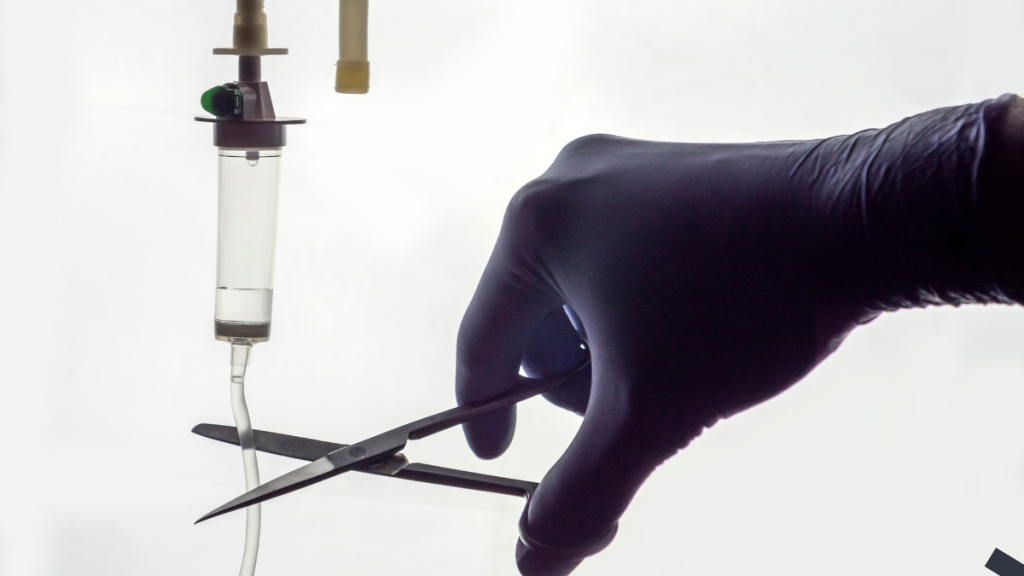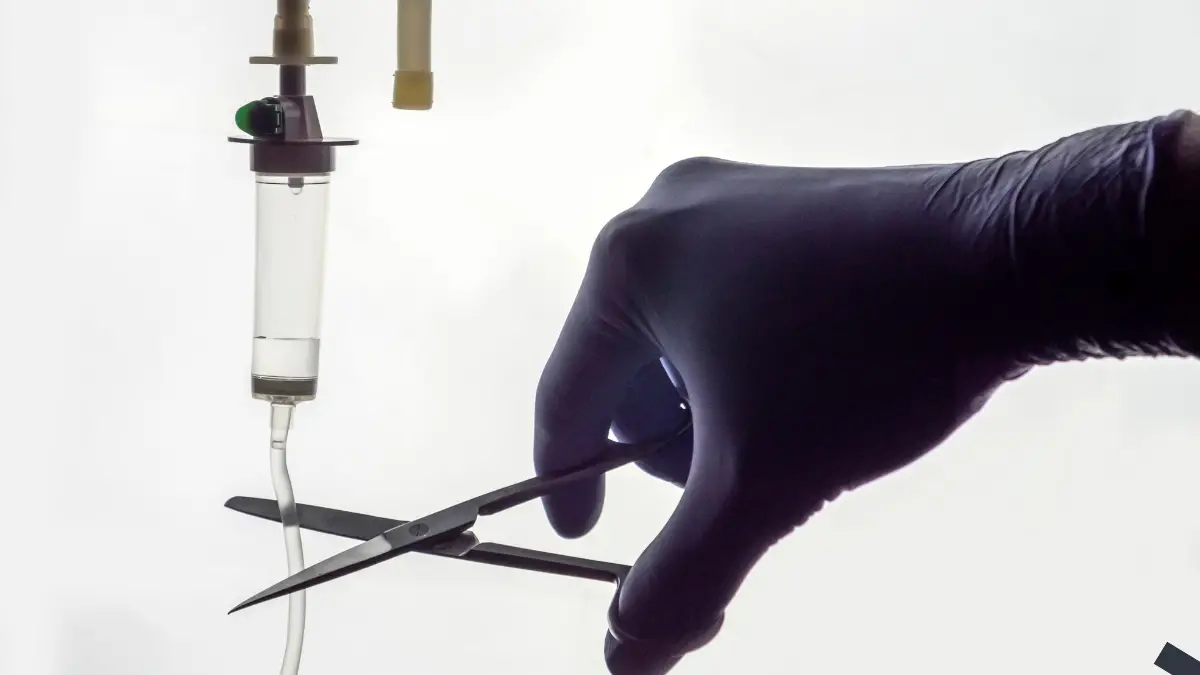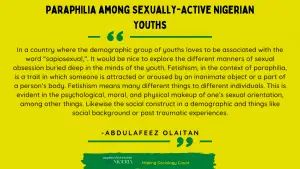The widely known fact that follows the concept of Euthanasia is that it is an unnecessary phenomenon. A murder in disguise, a situation where the healer becomes a killer and whatnot. Nonetheless, the question of the right to live or die exists. Now, what is euthanasia?
Euthanasia also known as “mercy killing” or “assisted suicide” is one that cuts across many nations and the world at large.
However, with advancements in medicine, there has been a remarkable shift in that general view what was previously thought possible. Added to the growth in human rights law, many countries such as Switzerland, Germany, Japan, Belgium, Canada, and some states in the United States in America, etc. have legalized euthanasia.
The word ‘Euthanasia’ is derived from the Greek word “Eu” and “Thanatos” which means “good or easy death”. It is generally understood as bringing about a good or easy death. Hence the name, “Mercy Killing”.
According to the World Health Organization (WHO), Euthanasia is the termination of life at the request of the patient or for compassionate reasons or refusing to prevent such death. In this definition, the WHO accepted the inclusion of withdrawal as a life-saving treatment as part of euthanasia which contradicts the views of some countries, cultures, and beliefs.
The history of Euthanasia dates as far back as ancient Greece, Rome, and Ancient Egypt where it was practiced as a means to relieve a person suffering from an incurable disease as an act of mercy. Over the years, it has been practiced in different forms in various cultures and jurisdictions.
Euthanasia in Nigeria
In Nigeria, the history of Euthanasia is relatively limited and shaped by diverse socio-cultural and religious factors. However, one of the earliest known practices of involuntary Euthanasia was the practice of Infanticide of twins which was a widespread custom in South-Eastern parts of Nigeria until the mid-20th century. Twins were often seen as a sign of bad luck or evil spirits, and they were sometimes killed shortly after birth.
This kind of euthanasia was traditionally acceptable and therefore obligatory upon the parents that gave birth to twins. Such infants needed to be killed because multiple deliveries were considered to be taboo. Any family that refused to perform the killing would be banished or isolated from the community. This practice persisted till the early 1950s when
Western missionaries and foreign humanitarian workers like Mary Slessor fought against it. It was still taking place in some parts of the South-East despite the efforts of the missionaries. Not until the Nigerian government lent its weight to the efforts of the foreign humanitarians and missionaries by criminalizing the act as infanticide[1].
There is no specific law or statute that covers euthanasia in Nigeria. Also, the law on euthanasia is the human rights provisions of the Constitution of Nigeria which is provided for in Sections 33, 34, and 35 of the constitution and seemingly imbedded in the Criminal Code particularly 308, 311, 316, and 326.

Classification of Euthanasia
There are different categories of euthanasia as the situations surrounding it may differ. They include;
- Passive Euthanasia: This is hastening the death of a person by altering the support and letting nature take its course. Acts like turning off respirators, ending medications, or resuscitating when there is a health emergency.
- Active Euthanasia: Active Euthanasia involves causing the death of a person through a direct action, in response to a request from that person. The important difference between active and passive euthanasia is that, in passive euthanasia, the doctor does nothing, and the patient dies of whatever ailment he already has. In active Euthanasia, the doctor does something directly to bring about the patient’s death.
- Professional-assisted suicide: This is a mix between passive and active euthanasia. In this type of euthanasia, the doctor gives information and or means of committing suicide (e.g. a prescription for a lethal dose of sleeping pills, or a supply of carbon monoxide gas) to a person, so that that individual can successfully terminate his or her own life. This can also occur when a person is assisted, either through guidance or means to take his or her own life. It is also called assisted suicide but is done by a physician.
- Voluntary euthanasia: Voluntary euthanasia arises when a person requests a doctor to put an end to his or her life. In this situation, the patient understands the nature of his demand and its implications. That is to say that he or she is mature, sane, and competent enough to understand his or her actions or demands. The patient may also give this consent as a directive or instruction before he or she becomes incapacitated, or in a coma as a result of the sickness. Voluntary euthanasia can be either voluntary active or voluntary passive.
- Involuntary euthanasia: The term involuntary euthanasia is used to describe the killing of a person who has not explicitly requested aid in dying. This is often used with in-patients who are in a vegetative state and who probably will never recover consciousness. Research has shown that a lot of those who are victims of involuntary euthanasia are mostly babies born with deformities by physicians in conjunction with the parents of such babies.
The practice of Euthanasia in Nigeria as well as the rest of the world has been the subject of numerous controversial debates, thoughts, and opinions. There have been two ideas on this topic, the pro-life and pro-choice.
The first group is the Pro-Life, they have given arguments against the practice of Euthanasia basing their opinion on the moral and ethical implications that the practice would have on society while advocating for the sanctity of life. Some of these arguments against the practice of Euthanasia include; the sanctity of life and professional ethics of medical practitioners i.e. breaking the Hippocratic Oath[2].
On the other hand, the Pro-Choice have argued for the practice of Euthanasia considering the autonomy of individuals and their rights as a valid point in their debate. They have taken into contention the various benefits the society stands to gain from this practice including the relief of unbearable and irreversible pain and suffering of a victim as well as the quality of life, and decreased cost of medical [3].
Religious Perspectives on Euthanasia
For ages, there have been different perspectives and views on the practice of Euthanasia. These perspectives are deeply rooted in moral ethical, religious, philosophical, economic, social, and legal considerations. As a multi-religious nation, the religious views of euthanasia cut across the different religions being practiced in Nigeria.
For Christians, Euthanasia is completely unacceptable, indeed inconceivable, being contrary to the Bible. Man does not have absolute control over the divine gift of life.
…The Lord giveth and he taketh as stated in Job 1 vs 21
According to the Holy book of Christians (The Holy Bible) “Thou shall not kill” as part of the Ten Commandments seen in Exodus 20 vs 13.
Similarly, in Islam, the concept of life is also highly revered. Muslims believe that Allah (God) is the maker and owner of life. Connoting that euthanasia is strongly disallowed. This is provided for in the Holy Koran.
In the holy Koran 4 v 29 “Do not kill yourselves, for verily Allah has been most merciful”.
Koran 6 vs 151 “…..Take not life which Allah has made sacred”
The people who practice traditional religion also hold this in a similar light as they believe that the gods are responsible for life, and they take the life of whom is deemed.
Moral Perspective on Euthanasia
Morally, Euthanasia in all ramifications is seen as a wrongdoing not just as a sin against God and man. In many cultures it is seen as suicide, before recent times, if it has been discovered that a person committed suicide or was assisted for whatever reason, the dead person in question will not be buried in the land, he will be thrown in the evil forest. In riverine communities, he will be thrown in the river as he has committed a taboo.
The person who aids or assisted the death will be banished or isolated completely from the community. They held the moral belief that life should not be taken at any cost, however they gave exceptions to those who were captured by the enemy then it is seen as a heroic death or a death of honor.
In today’s world the feeling is no different as society feels that euthanasia is an attempt by man to play God and degrades the sanctity of human life. Most view it as a selfish and cruel act, a lazy way and shortcut to avoid cost responsibility in the care of a loved one, and negates every rule of natural law.
Even though euthanasia as an act, can be related to compassion as it provides relief in cases of extreme pain particularly for the terminally ill when all hopes of survival are lost. Every individual is entitled to his choice. There are a plethora of reasons to which euthanasia should be considered it frees up scarce medical facilities and funds to assist other people who are less ill, with clear chance of survival.
It is a hard pill to swallow for loved ones to see the end of one’s life voluntarily but no one has the right to make the decision except the patient himself. This decision is fueled when living or simply existing becomes too painful and money is being spent for the painful. They think it is better to pull the plug rather than live a life not worth living most times in cases where some vital organs are working they donate to people who need them, easing and consoling themselves.
Looking at euthanasia from the religious and moral angle, one could see a million and one reasons not to. But in the spirit of being humane you might just see a reason to it being a right decision.
[1] M.C. Obi, “Right to Life with Reference to Euthanasia: A Legal Insight, (Seminar Paper Presented to LL.M Class, University of Ilorin, 2014)11
[2] T.D Nyama , ‘Euthanasia in the Nigerian Legal System’ (2023)
[3] Ibid





